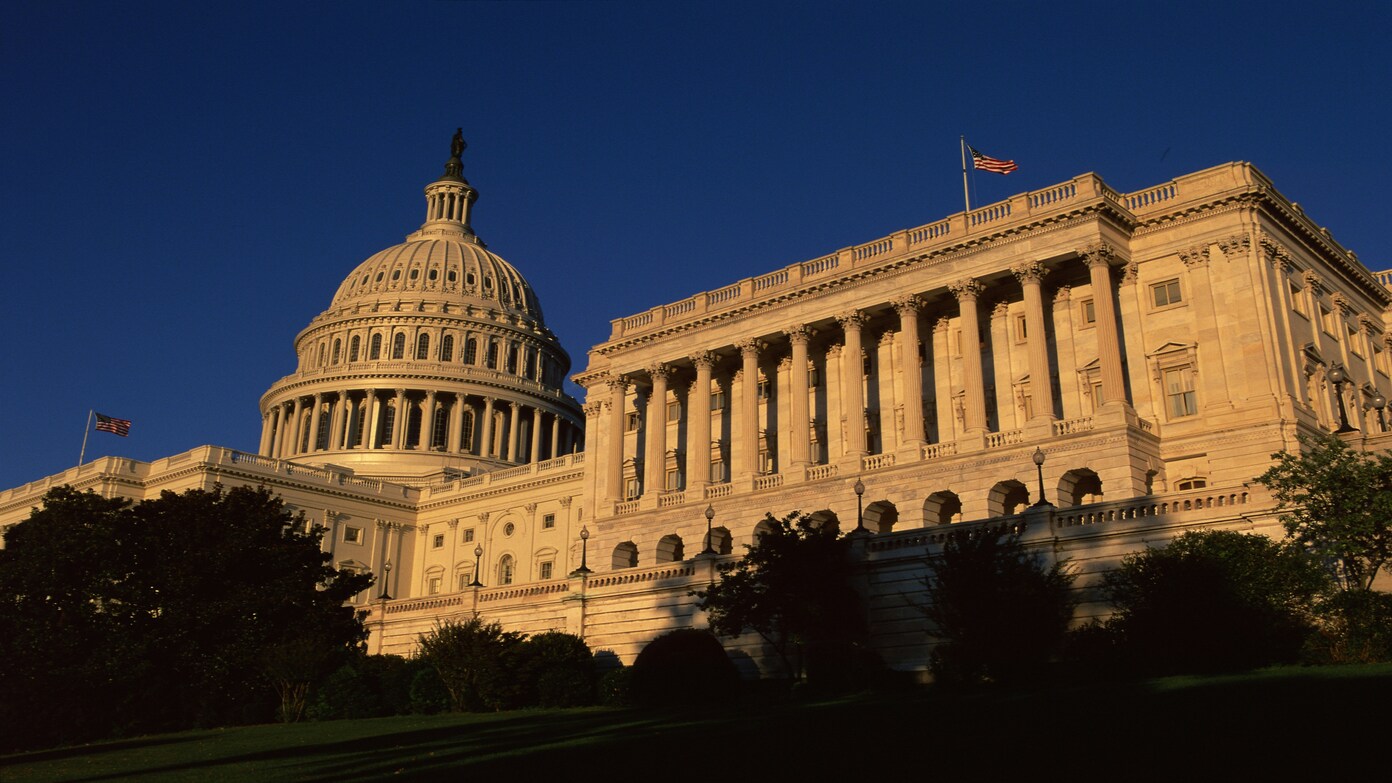House passes short-term funding bill
The fight over keeping the government open took a dramatic turn this week. On Friday, the House of Representatives narrowly passed a Republican-backed bill to fund the government until November 21. The vote was tight—217 in favor and 212 against. One Democrat, Rep. Jared Golden of Maine, broke ranks to support the bill, while two Republicans, Reps. Thomas Massie of Kentucky and Victoria Spartz of Indiana voted no.
The measure would have extended current spending levels for seven weeks, giving lawmakers more time to hammer out a longer-term deal. It also included millions in new security funding for Congress and other branches of government following the recent assassination of conservative activist Charlie Kirk.
Senate says “no deal.”
But the plan quickly hit a wall in the Senate. The measure needed 60 votes to move forward but fell short, with just 44 senators in favor and 48 opposed. Surprisingly, Democratic Sen. John Fetterman of Pennsylvania sided with Republicans, while GOP Sens. Lisa Murkowski and Rand Paul joined Democrats in voting against it.
Senators also voted on a competing Democratic proposal, but that too failed to clear the hurdle. With funding set to expire on October 1, the failure leaves no clear path forward.
What’s at stake
If Congress can’t reach an agreement, the government could partially shut down at the end of the month. That means federal workers could be furloughed, national parks might close, and some government services could be delayed. Essential programs like Social Security and military pay would continue, but many Americans would feel the effects of a shutdown.
President Trump, speaking from the Oval Office, hinted that a shutdown could last a while. “We’ll take care of the military, we’ll take care of Social Security, we’ll take care of the things we have to take care of,” he said. “But you could very well end up with a closed country for a period of time.”
The blame game
The standoff has quickly turned into a war of words between party leaders. Senate Majority Leader John Thune, a South Dakota Republican, said Democrats’ counteroffer was “laden down with partisan policies,” such as expanding Obamacare tax credits and restoring funding for public broadcasters.
Democrats argue Republicans are refusing to negotiate. Senate Minority Leader Chuck Schumer reminded colleagues that when his party was in charge, they kept the government open. “The reason we’re having a shutdown now,” he said on the Senate floor, “is you and your leadership refuse to talk to Democrats and have any input.”
Both sides know the stakes are high. Republicans insist their bill was a “clean” funding measure with no tricks attached. Democrats say that’s not true, pointing to what they call unfair spending cuts and misplaced priorities.
A week of uncertainty ahead
For now, Congress is mostly out of town. The House extended its recess past the October 1 deadline, pressuring the Senate to act. Leaders in both chambers say lawmakers could be called back at any time if a shutdown occurs.
Behind the scenes, aides are bracing for a long week of finger-pointing. Some Democrats believe Republicans will take the blame if the government shuts down. Republicans argue the opposite—that Democrats are risking essential services by refusing to compromise.
What happens next?
When the Senate returns at the end of the month, Republicans plan to try again to push through the House bill. Thune said all it takes is “a handful of Democrats” to join them to keep the government funded.
Schumer, however, made it clear Friday that Democrats won’t cave without a real negotiation. “Now that it’s clear that neither bill will get the 60 votes the Senate needs, it’s time to negotiate,” he said.
Whether those talks happen before the October 1 deadline remains to be seen. Until then, Americans are left to wonder if Washington’s gridlock will once again lead to a costly government shutdown.
Read this later:
Dems say healthcare arguments mean they would escape blame for government shutdown
Why did President Trump slam Newsom’s low-income housing plan for Los Angeles?
What is the Fed’s “third mandate” and what could it mean for the Fed’s decisions
Another government shutdown? Fears grow as Democrats dig in
Trump extends TikTok deadline as investor group led by Oracle set to take over
Forecasts see Fed finally cutting rates — for one key reason

